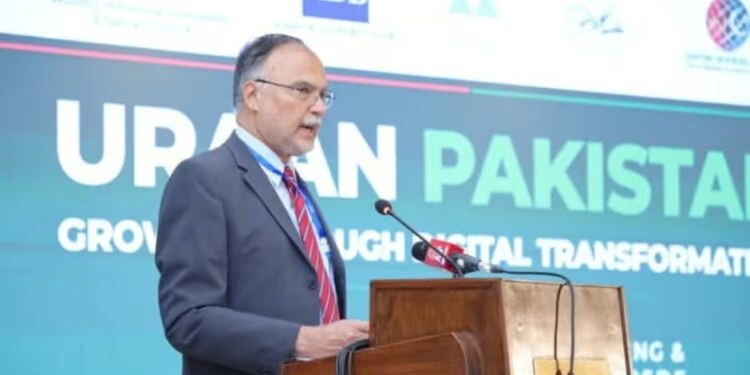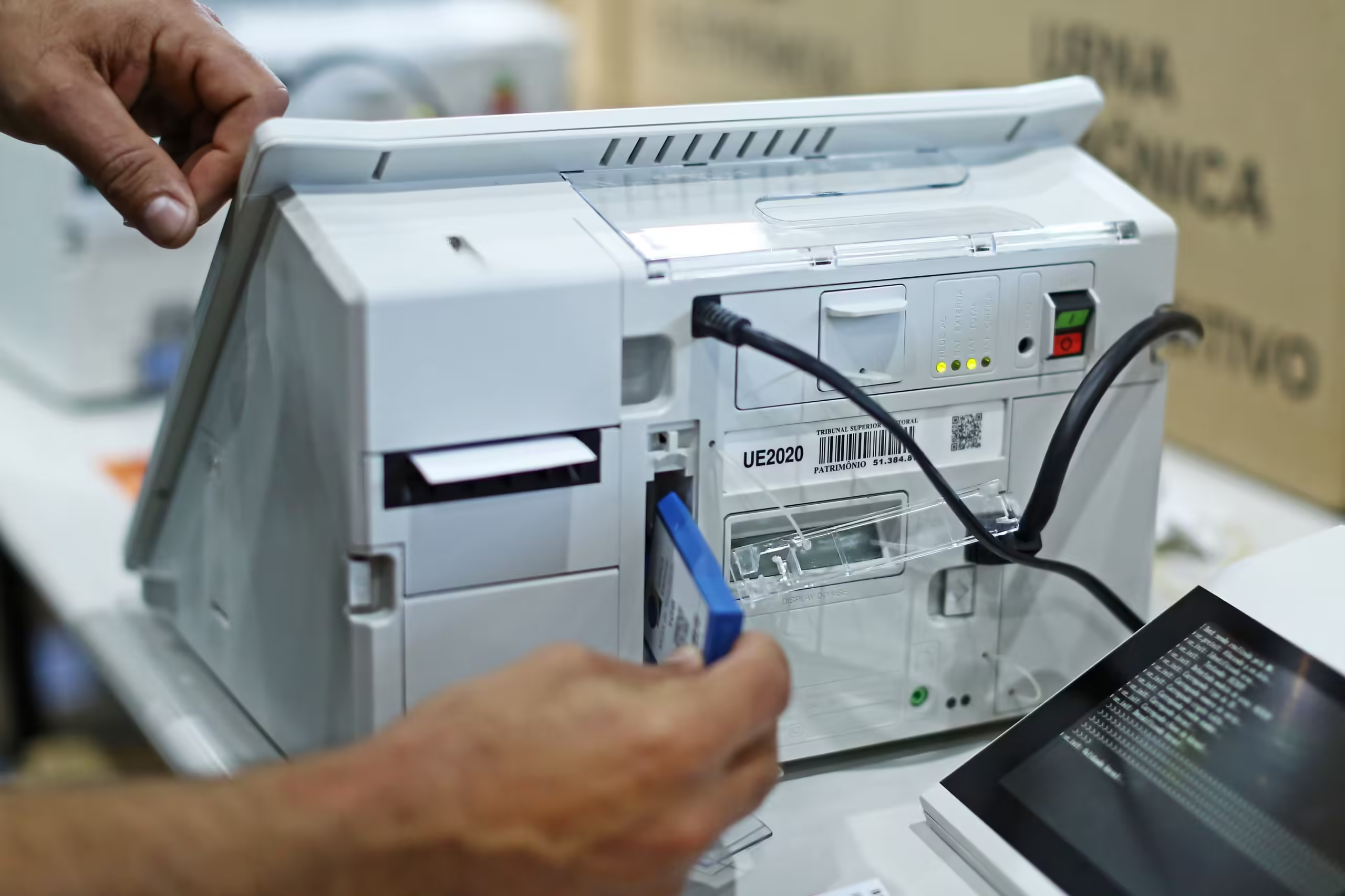The Ministry of Planning, Development and Special Initiatives has launched the ‘URAAN AI Techathon-1.0’, a national competition aimed at engaging Pakistan’s brightest minds in developing artificial intelligence (AI) solutions for priority sectors such as health, education, agriculture, industry, and governance.
The event is part of the government’s broader URAAN Pakistan – National Innovation Mission, which seeks to align AI-driven progress with national policy goals. An online portal has been opened for registrations, serving as the central hub for applications, resources, updates, and event coordination.
Speaking at the launch, Planning Minister Ahsan Iqbal described the Techathon as “a milestone in Pakistan’s digital history”, marking the start of national-level AI contests. He stressed that AI is already reshaping economies worldwide and emphasized that Pakistan must become an emerging leader in the field rather than relying on external technologies.
“Pakistan will not be a spectator in the AI revolution,” Iqbal declared. “This is not just a competition—it is a movement to harness youth participation for national development.”
He highlighted that the URAAN mission rests on five pillars, with the Techathon directly linked to e-Pakistan and youth empowerment. AI is being integrated into academic curricula, while universities, startups, and technology parks are set to receive government support to accelerate innovation.
The minister illustrated potential applications of AI, such as predicting crop diseases, supporting doctors with medical diagnoses, and delivering quality education to all children. He also announced plans for a national AI policy, dedicated task force, funding mechanisms, and centres of excellence to strengthen Pakistan’s AI ecosystem.
“Our youth have the same enthusiasm that powered the world’s leading tech hubs,” Iqbal said. “Their ideas and vision are Pakistan’s greatest assets.”
The initiative reflects the vision of URAAN Pakistan, which aims to steer the country toward becoming a trillion-dollar economy by 2035.



